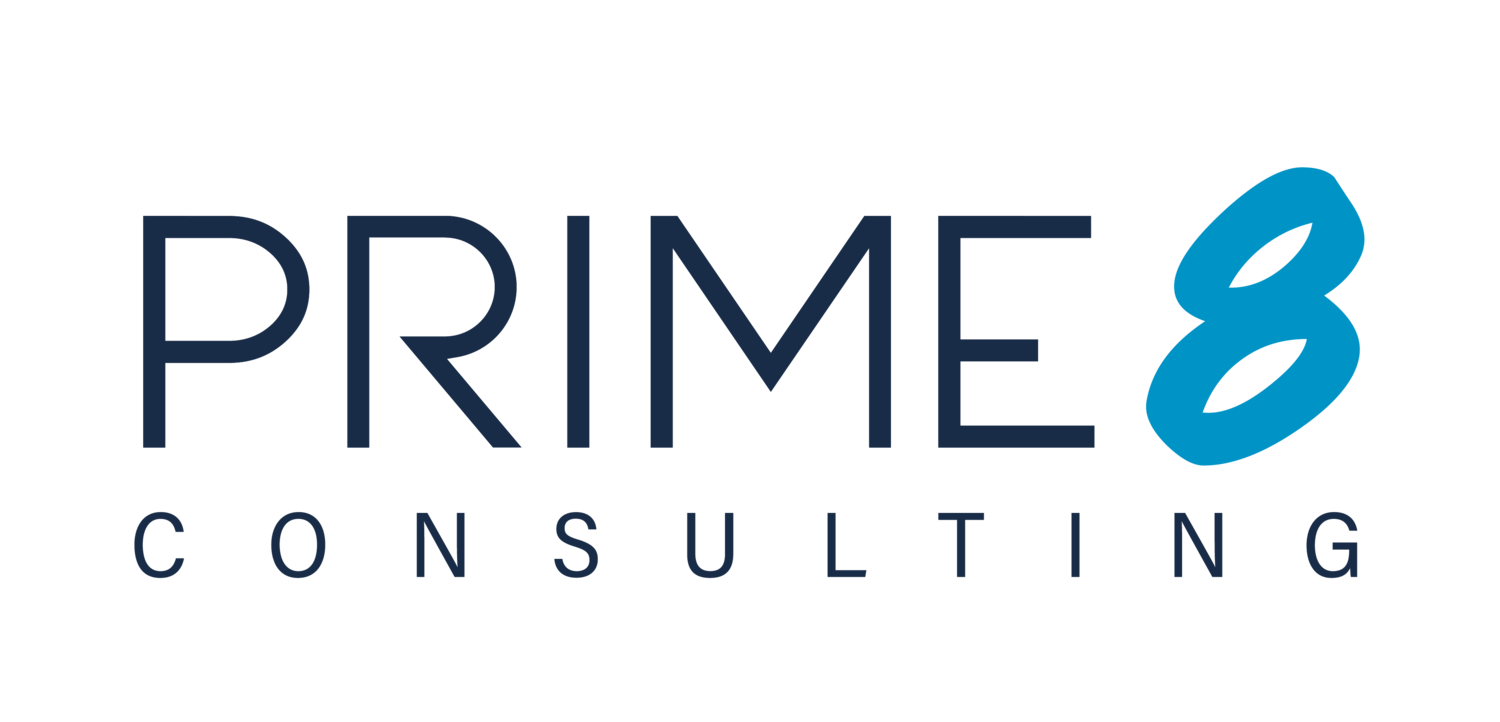5 Core Project Management Skills for Successful Consultants
Highlights
The project management skills that clients demand are becoming increasingly diverse, making it essential to invest in ongoing learning and development.
Key project management competencies include advanced Excel skills, data visualization and analysis, strong communication, reporting skills, and resource management.
Project management consultants aren’t just managers — they’re visionaries, planners, counselors, coordinators, and people leaders. They’re fluent in budgets and timelines and increasingly, have skills in data analysis and even dashboards. That’s not just because companies benefit from diverse project management skills — clients are also demanding it.
The project management competencies needed to make a mark in today’s multi-faceted ecosystem mean consultants must continually develop themselves professionally. Knowing where to focus your development efforts can help you right-size your skill set and be prepared to advance your career. Let’s explore the top project management skills today’s companies require and expect.
Core Competencies for Successful Project Management Consultants
A diverse skill set allows consultants to bring unique perspectives to a project and add value in unexpected ways. In the face of declining budgets, downsizing, and an ongoing war for talent, companies aim to glean as much value as possible from highly skilled consultants — giving you more opportunities for high-paying and ongoing work.
These project management competencies will keep you competitive in a career as a Project- or Program Management consultant.
ADVANCED EXCEL SKILLS
Excel remains a flagship software in a project manager’s tech stack. The time-tested favorite is ideal when you need basic features and functions, such as creating project timelines and schedules, task lists, project tracking, and quick reports.
Excel’s project management features have expanded substantially, and the software is often used for statistical modeling, forecasting and prediction, conditional formatting, trends, and other advanced functions. Having a firm grasp of Excel’s power adds instant value to a project management toolbox.
DATA VISUALIZATION AND ANALYSIS
With more organizations doubling down on data-driven decision making, project managers who have data collection, analysis, and modeling skills will stand out among other consultants. Being able to leverage data sources to support a project, build visualizations, identify insights, and tell business stories based on data is key to making smarter project decisions. You’ll achieve better outcomes and provide deeper value to consulting clients.
STRONG VERBAL AND WRITTEN COMMUNICATION
Good communication is a hallmark in project management. A critical part of the project manager's role is to reduce confusion, set clear expectations, maximize time and resources, and keep projects on track. Having mastery of verbal and written communication is an imperative.
Communicating project status on a regular, predictable schedule is crucial for consultants. Status might come in the form of a templated email manually compiled and sent once a week. It may be a report automatically generated based on task and milestone details within project management software. The approach to communicating status – the format, cadence, and altitude of detail - is something consultants negotiate with their clients based on their reporting requirements.
As the use of data becomes more mainstream in business, project managers are using data to communicate project details. Simply sharing project data isn’t enough; stakeholders need to know what the project data means and why they should care. Using storytelling around data requires strong communication in order to turn data into useful information that will help project teams take the next best action.
REPORTING SKILLS
Part of leveraging data means knowing which data points are important and how to best communicate them to stakeholders. Good reporting skills are a must here, as you may need to source and compile information quickly to advance the project.
Reporting could include giving updates on budgets and timelines, supporting your request for more resources, or showing data on how new trends or events may impact your project, for example.
RESOURCE MANAGEMENT
A blend of strategic and tactical skills, resource management takes on new importance in the face of recession-like conditions. Many companies are turning to consulting to right-size their workforce in uncertain economic times. They trust the expertise and experience of a project management consultant to practice good stewardship of people, material, and monetary resources and shorten the learning curve compared to handling a project internally.
How Do You Know if You’re Cut Out for the Job?
Missing one of these key project management skills? Not to worry — skills can be learned and developed. But skills aside, how do you know if project management consulting is a great fit for you?
Successful consultants have managed projects in the past, or at least have experience in similar types of work. Lots of skills related to marketing, sales, and other disciplines will transfer to a project management role. Soft skills like a can-do attitude, punctuality, and creative problem-solving are also helpful.
PMs take the lead on a specific project. To do this effectively, they need a good understanding of the business they’re working with and the intended problems to solve. They’ll need to understand every phase of the project, excel at planning and budgeting, and be prepared to take responsibility for overages or delays.
Where to Gain In-demand Project Management Skills
Project management consultants often develop and build on these skills in real time during assignments. However, every project is different and may not always afford the opportunity to gain experience in specific areas.
Another option is to invest in learning these essential project management skills by taking eLearning courses or in-person classes. These might be one-off courses through LinkedIn, for example, that focus on a specific skill, or they might be part of a larger certificate program, like PMP.
However you decide to build your project management skills, know that it will be time well spent. Delivering the skills that clients need and demand allows you to stay competitive and advance in your career while contributing to the overall value of consulting as a whole.
Using Your Project Management Skills with Prime 8
At Prime 8, our clients are universally requiring consultants to have a diverse set of business and project management skills. Strategic as well as tactical skills are more in demand than they used to be. That’s why we foster a culture of lifelong learning along with keeping up with industry trends that allow the consultants we work with to maintain a competitive advantage.
Ready to advance your consulting career? Work with Prime 8 and prepare for the next era of project management consulting.






















